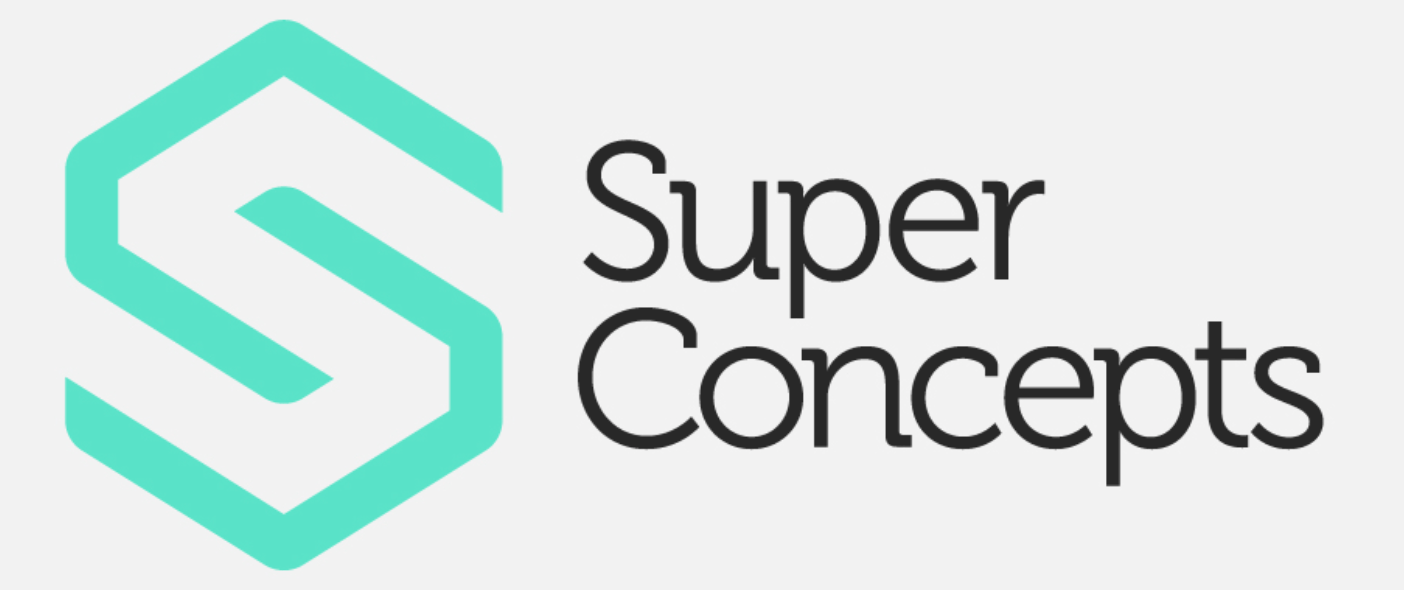Crypto and SMSFs – what does it all mean?
Super
Whilst trustees have the ability to invest in cryptocurrency through their SMSF, there are some important considerations to address.

SMSFs, in their entirety, enable those that wish to diversify their portfolio in line with their own investment ideals. For some, this is cryptocurrency.
Trustees have the ability to invest in cryptocurrency through their SMSF but there are some important considerations to address.
Cryptocurrency – it’s a virtual or digital currency which allows people to pay for goods and services directly through an online system and it has no legislated or intrinsic value. It is simply worth what people are willing to pay for it on the open market.
There are a many types of cryptocurrency, with the most well-known being Bitcoin, but others include Litecoin, Peercoin and Dogecoin. In contrast, official currencies of a country such as the AUD$ or US$ derive their value from being legislated as legal tender of that country.
So is it possible for an SMSF to acquire cryptocurrency and comply with the SIS Act and Regulations? Here are some things to know about crypto and SMSFs.
1. Is cryptocurrency considered currency or money?
In Australia, cryptocurrency is not legal tender nor is it a ‘foreign currency’ for the purpose of the Australian tax law. Under the Currency Act 1965 the currency unit is the AUD$ and is the only recognised form of payment.
On 7 September 2021, cryptocurrency was recognised as legal tender in El Salvador alongside the US$ which is its other official currency. It remains to be seen whether other countries will recognise the decision in El Salvador to be considered as a currency of a ‘foreign country’.
2. How is cryptocurrency treated for capital gains tax purposes?
Because cryptocurrency is not a currency for Australian taxation purposes it is treated like any other type of asset. That is, losses or gains on the disposal of cryptocurrency are treated as the disposal of an asset for capital gains tax (CGT) purposes. However, in some situations where the buying and selling of cryptocurrency is considered to be the carrying on of a business, any gains or losses will be treated as being on revenue account rather than capital account.
Under the capital gains tax provisions the buying or selling of cryptocurrency will determine the capital gain or loss from its disposal for the financial year. A capital gain arises where the proceeds from the disposal of the cryptocurrency is greater than its cost base or a capital loss will arise where the proceeds from the disposal of the cryptocurrency is less than its cost base. Any capital gains will be added to any other capital gains or offset against any capital losses, including carry forward capital losses.
The proceeds from the disposal of cryptocurrency will consist of what is given in exchange from the disposal. This may include cash and the value of any goods, services or other property given to the seller in exchange for the disposal. The cost base of the cryptocurrency is the amount paid to acquire it and includes the value of any goods, services or other property given as part of the acquisition.
If the cryptocurrency has been held for up to 12 months the whole capital gain is assessable income. Where it has been held for at least 12 months, however, any capital gain may receive a discount on the gain. In the case of an SMSF there is a 1/3 discount on the taxable capital gain which is taxed at 15% if the fund is in accumulation phase.
3. How is cryptocurrency treated if it is considered a business in existence?
There is no single factor that determines whether a business of buying and selling cryptocurrency is in existence. What may start out as a casual hobby may grow in size and end up as a business. However, for a business to be recognised the activity must operate in a businesslike manner. This can include some of the following:
- registration of the business;
- intention to make a profit at some stage;
- the size and scale of the activity is similar to other businesses in the industry;
- there is repetition of the activities; and
- the activities are planned and organised such as establishing accounts and keeping records.
If a business of buying and selling cryptocurrency, including mining, is in existence then any profit and loss is determined in the same way as any business. The sale price of the cryptocurrency, less the cost of its purchase and other associated costs, will determine whether a profit or loss has been made. At the end of the financial year any taxable income that has been earned by the business will be taxed and if there is a loss it will be offset against any other income earned in the financial year.
One misconception is that if the gains from buying and selling cryptocurrency is below a certain amount any profits are tax free. If a person is considered to be carrying on a business of cryptocurrency any profit is taxable just like any other business income. However, if the scale of the activity is no more than a casual hobby then things may be different. A ruling from the ATO may come in handy here.
4. Can an SMSF acquire cryptocurrency?
It is possible for an SMSF to acquire cryptocurrency from unrelated third parties providing the acquisition is on an arm’s length basis. However, acquisition is prohibited from a ‘related party’ such as a member, trustee, relative of a member or trustee, or any company or unit trust that they control.
The reason for the prohibition is that section 66 of the Superannuation Industry (Supervision) Act prevents a superannuation fund from acquiring assets from related parties. Nevertheless, there are exceptions to the general rule which include listed shares, commercial property and in-house assets - but cryptocurrency does not fall within any of the exceptions.
5. What SIS legislation applies to cryptocurrency?
The same provisions of the Superannuation Industry (Supervision) Act and Regulations (SIS Act and Regulations) apply to cryptocurrency as they do to the fund’s investments. Here are some of the relevant provisions that apply:
- The covenants in the SIS Act require the trustee to act in the interests of the members and other beneficiaries
- The investment strategy must be formulated and give effect to the whole circumstances of the fund including the investment risks involved, cash flows, diversification and liquidity
- That money and other assets of the fund are kept completely separate from a trustee’s personal assets
- The prohibition of acquiring cryptocurrency from a related party
- Restrictions on placing charges over the fund’s assets
- Ensuring the cashing requirements are met when pensions are paid from the fund
- Ensuring that cryptocurrency is acquired and maintained on an arm’s length basis
- Complying with the lending and borrowing rules
6. How are acquisitions or disposals of cryptocurrency treated in an SMSF?
Because cryptocurrency is not currency for Australian taxation purposes it will always be treated as a CGT asset when owned by an SMSF.
It is not possible to have the acquisition and disposal of cryptocurrency by an SMSF treated as being as ordinary income because the CGT provisions of the income tax law are the primary code for calculating gains and losses for superannuation fund investments. While there are some exceptions to this general rule they do not apply to cryptocurrency.
7. How does an SMSF acquire cryptocurrency?
Before acquiring cryptocurrency, the trustees should review the investment provisions of the SMSF’s trust deed to ensure it is an approved investment. This may not require the trust deed to be amended if the investment in cryptocurrency is possible. In addition, the investment strategy of the fund should include a statement to indicate that the trustees will be investing in cryptocurrency and the range of the fund assets that will be used.
If an SMSF is to acquire cryptocurrency a trading account or exchange account with an exchange will need to be established in the name of the SMSF. This is not as simple as opening a bank account though - trustees are left to their own devices when setting this up and often need to rely on someone with experience in establishing a trading account. Therefore a due diligence review of the exchange is required to ensure the account has been opened in the correct name and that the trustees understand the reports that are to be provided.
Cryptocurrency is identified by wallets which do not store the cryptocurrency but include a public key also known as an address (similar to a bank account number) which receives the cryptocurrency. The wallet also includes a private key which verifies the owner of the cryptocurrency that is being used for payment. Details of the private key need to be stored securely otherwise a loss will mean the address is unrecoverable.
8. Record keeping and cryptocurrency
Like all things SMSF related it is necessary to keep accurate records to assist with account preparation and for compliance purposes. With cryptocurrency investments records should be kept for up to 5 years for all transactions associated with acquiring, holding and disposing of the cryptocurrency. This should include information about:
- The cryptocurrency and its purchase or sale price in AUD$;
- When the transaction occurred including the date and time of acquisition or disposal;
- Costs and fees associated with the acquisition or disposal; and
- The exchange record concerning the transaction.
While cryptocurrency continues to be held by the SMSF, records should be made concerning any software costs, the details of the digital wallet as well as the public and private keys, and the quantity of cryptocurrency received.
9. What piques an auditors’ interest with regards to cryptocurrency?
In view of the added complexity in auditing cryptocurrency, SMSF auditors are in search of appropriate audit evidence in support that the SMSF is the legal owner of the cryptocurrency and that it actually exists. The trustee will need to show that the cryptocurrency is held in a secure manner at a public address.
Audit evidence will include:
- Account verification including the account transactions, wallet address and that it has been used wholly and exclusively by the SMSF;
- Balance of the cryptocurrency account as at the end of the financial year; and
- Confirmation of purchases and sales including confirmation of the transaction in the fund’s bank account.
Where the valuation of the cryptocurrency is not in AUD$ it will require conversion, as at the end of the financial year, determined by the last traded price prior to the end of that financial year.
10. ATO monitoring of cryptocurrency
While some consider that cryptocurrency lives in an anonymous world surrounded by a digital cloud the perception is that it is impossible to identify. However, things such as data matching and international sharing of tax information assists in identifying disclosure of the required information.
Recent statements from the ATO have announced that cryptocurrency will be included in its data matching program for the 2021 financial year.
From a compliance point of view, cryptocurrency is an asset that is gaining popularity in a high risk and volatile environment. The issues for trustees, members and SMSF professionals provides a huge challenge and will depend exclusively on each fund’s situation.
For a deeper dive in the ATO's views in LCR 2021/2 on the non-arm's length income (NALI), a topic that has confused even the best in the industry, register now for our 2 hour special edition masterclass. Your trainers, Graeme Colley and Nicholas Ali, will use multiple case studies that showcase real life scenarios you may face when advising your clients.





You are not authorised to post comments.
Comments will undergo moderation before they get published.